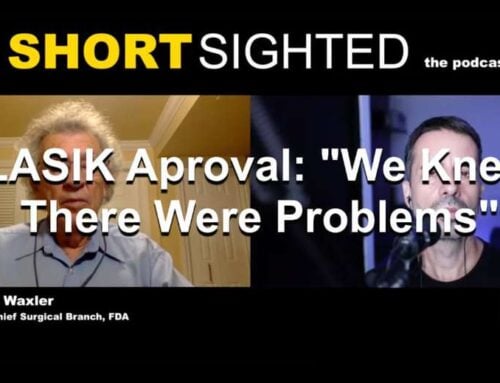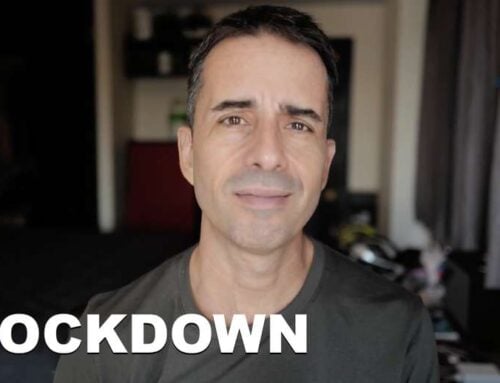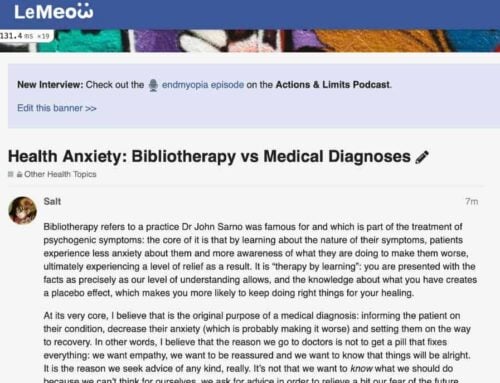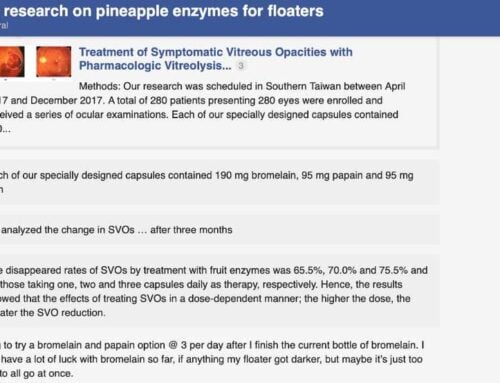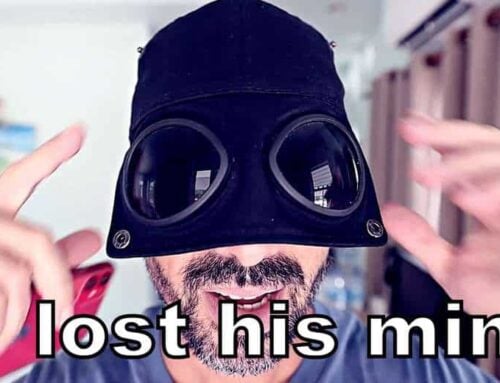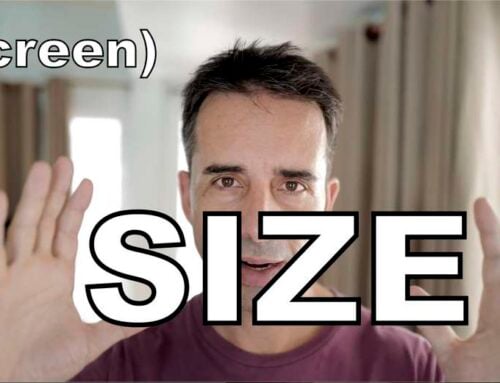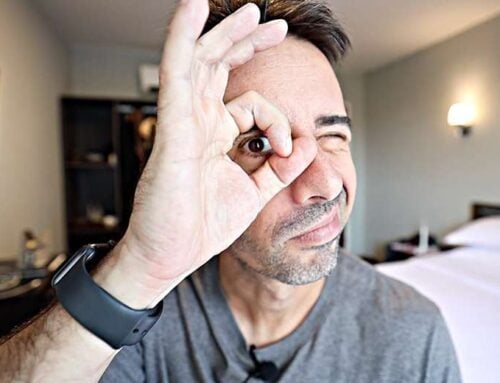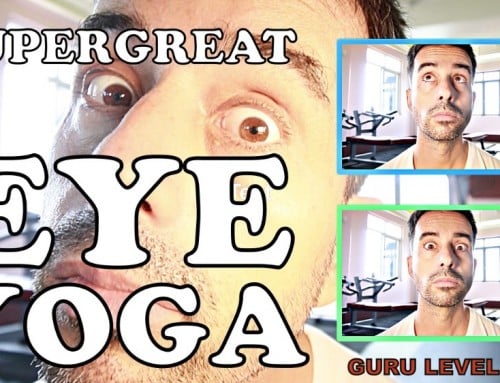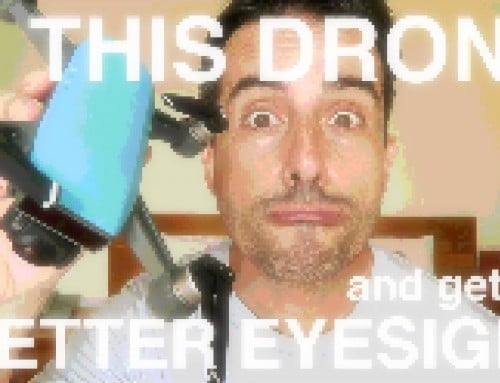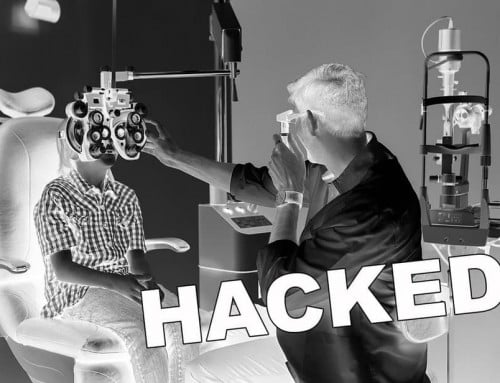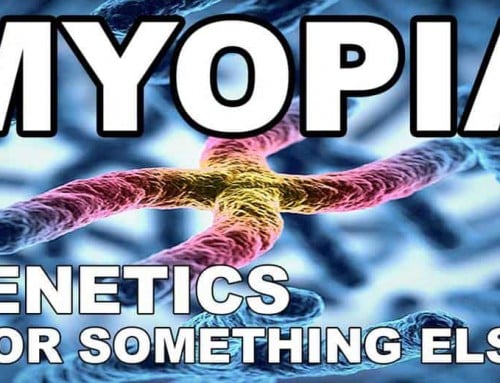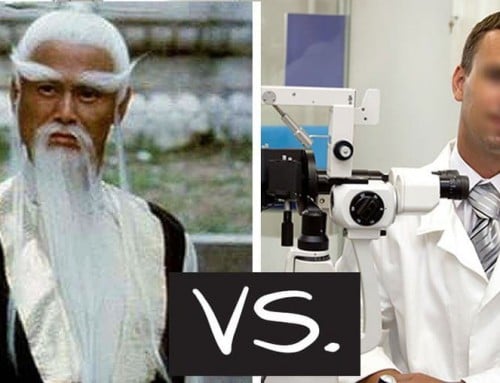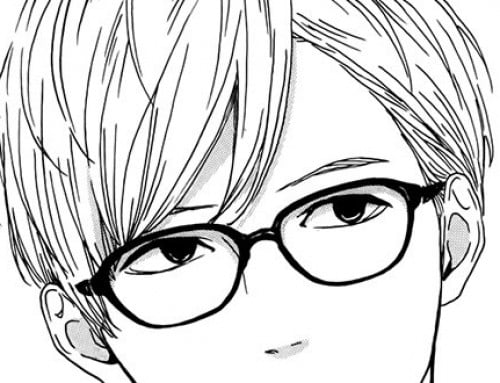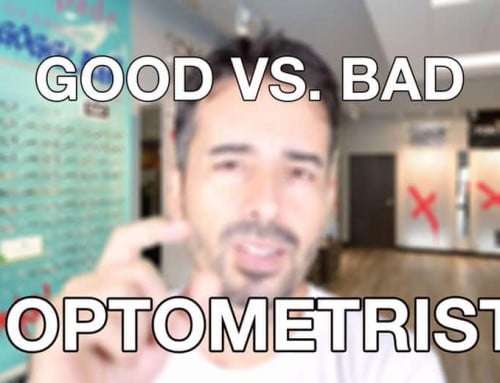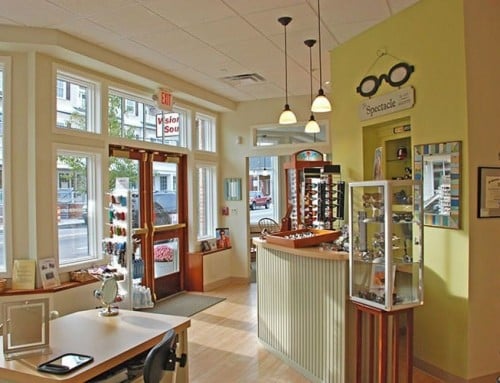A couple of days ago I teased a bit about plateaus in vision improvement, and how to overcome them. I didn’t really get into a whole lot of detail there. Because of course, Jake-bad-guru.
Or maybe not because that. But it’s an advanced topic. You’ll have been working on your eyesight for quite a while, successfully, before you ever encounter a real plateau. For the large majority of casual readers discussing plateaus is just going to cause overthinking things, and paralysis by analysis.
So I didn’t really get into it. But then today, we get a good one in the comments section:
Hi Jake,
After reading many blog posts and discussion forum entries on this website, and using some principles from bodybuilding, I’ve come up with the following strategies to help me get past plateaus:
* Take a break from active focus exercises for a while.
* Change the way I do my active focus exercises – for example, if I was doing a few long sessions a day, change it to more frequent, shorter sessions (FITT principles).
* Cut close up focus work as much as possible.
* Reduce normalised prescription by 0.25 D.
* Spend more time outside and change my usual scenery/route to promote more stimulus.
* Try and reduce stress and increase active relaxation – or just take a holiday.
Bam. See? You don’t even need me.
Incidentally also, I have a lot of budybuilding students. They might be my favorite sort. They understand the foundations of human biology, they are great at setting goals, at commitment, at quantifying progress, and they are always looking forward. They want their bodies tuned to perfection and they’re making zero excuses. You bring me any myopic bodybuilder and I’ll return you a hawk-eyed muscle man (or woman, or whichever you want in the parentheses).
I’m not a bodybuilder, Jake, you say.
Well neither am I. If you’re a bit of a slacker, easily distracted, prone to give a “meh” or two to many health obsessed friends, then … you and me. Same page. But then you figure out that it’s a two months commitment to some simple habit changes, and autopilot to crutches-free eyesight from there. That’s not such a big undertaking, for rather worthwhile results.
While we’re on the topic of yesterday’s post, one of the e-mails I got in response:
Hello Jake,
Today I was looking at your website to see if you posted anything new today in the Blog Section so I can incorporate it into my rehab. You posted the “Bad Plateau and the Looking Glass”. You were teasing about the Looking Glass but never explained what it was so, I was curious if you have any plans of posting a blog about it in the new future.
I got a few of these, so let’s address.
My promise is to put everything you need for better eyesight, for free in the blog. But then there are some tricks and things I like to save for my actual darling students. Students who keep Jakey’s wine fridge stocked and the business accountant fretting.
He is fretting right now, incidentally. Another e-mail I haven’t answered yet. (That’s how you tell whether you’re doing business right. Hyperventilating accountant = all is well.)
And for the looking glass, picture this:
The clue, Watson.
Imagine if your glasses were a crutch that you use only to identify something you need to see, clearly. Like a a piratey looking glass that you only reach for when there’s something that peaked your curiosity. Something you might do while out on a focus pulling walk. Now imagine not doing this if you have myopia over -3 diopters, and don’t imagine doing it exclusively, all the time.
This sort of activity makes best sense when used in the larger context. A lot of the “bonus” stimulus activities sessions in BackTo20/20 are meant to add an element of vision challenge that your eyes can’t predict. Things that break up the routine and habits and keep your eyes on their proverbial toes.
You need the right habits though, first. ;-)
Cheers!
-Jake



